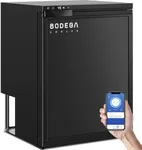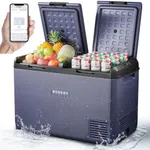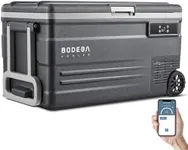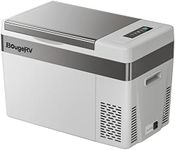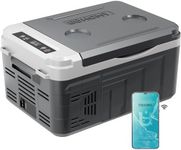Best Electric Coolers For Cars
From leading brands and best sellers available on the web.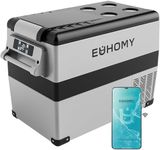
EUHOMY
9%OFF
EUHOMY 12 Volt Refrigerator, 48QT(45L) Electric Cooler, 12V Fridge APP Control, 12V Cooler -4℉~68℉, Portable Freezer 12/24V DC 100-240V AC for Camping, Travel, Truck, Home
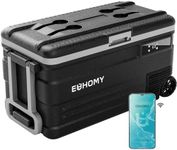
EUHOMY
10%OFF
EUHOMY 12 Volt Refrigerator, 80QT(75L) 12V Fridge, Electric Cooler APP Control, Car Fridge 12/24V DC 100-240V AC, Car Refrigerator 0℉~68℉, 12 Volt Cooler for Camping, Trip, Truck, Boating, Outdoor
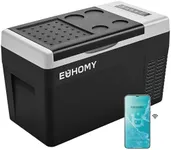
EUHOMY
8%OFF
EUHOMY 12 Volt Refrigerator, 26QT(25L) Compressor Electric Cooler APP Control, Car Fridge -4℉~68℉, Portable Refrigerator 12/24V DC 110-240V AC, Portable Freezer for Camping, Travel, Boat
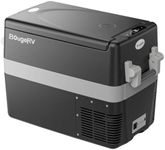
BougeRV
28%OFF
BougeRV 12V Refrigerator Fridge Freezer Portable Car Fridge 42 Quart Electric Cooler 12V/24V DC 110~240V AC for RV Camper Truck Jeep Pickup SUV Van Boat Camping Tailgating Road Trip Outdoor Travel
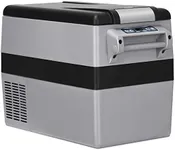
COSTWAY
COSTWAY Car Refrigerator, 44-Quart Electric 12V/24V Car Cooler with 3 Levels, LCD Display, Shockproof Design, Travel RV Fridge for Camping, Truck Party
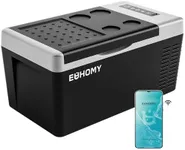
E EUHOMY
EUHOMY 12 Volt Refrigerator, 19QT(18L) Compressor Electric Cooler APP Control, Car Fridge -4℉~68℉, Portable Refrigerator 12/24V DC 100-240V AC, Portable Freezer for Camping, Travel, Boat
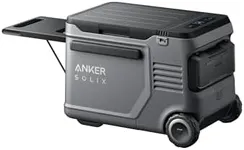
Anker
Anker SOLIX EverFrost 2 58L Cooler with Road Trip Kit, 61 qt Car Refrigerator, Electric Cooler with 288Wh Battery, Powered by AC/DC or Solar (B0DRCNMMZ9)
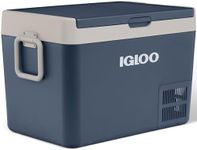
Igloo
20%OFF
Igloo Electric Compressor Cooler ICF 60
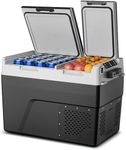
Feelfunn
8%OFF
Feelfunn 12 Volt Refrigerator Car Fridge - 61QT(58L) Dual Zone Electric Cooler, Car Refrigerator -4℉~68℉, Portable Refrigerator 12/24V DC 100-240V AC, Portable Freezer for Travel Camping RV Home
Our technology thoroughly searches through the online shopping world, reviewing hundreds of sites. We then process and analyze this information, updating in real-time to bring you the latest top-rated products. This way, you always get the best and most current options available.

Most Popular Categories Right Now
